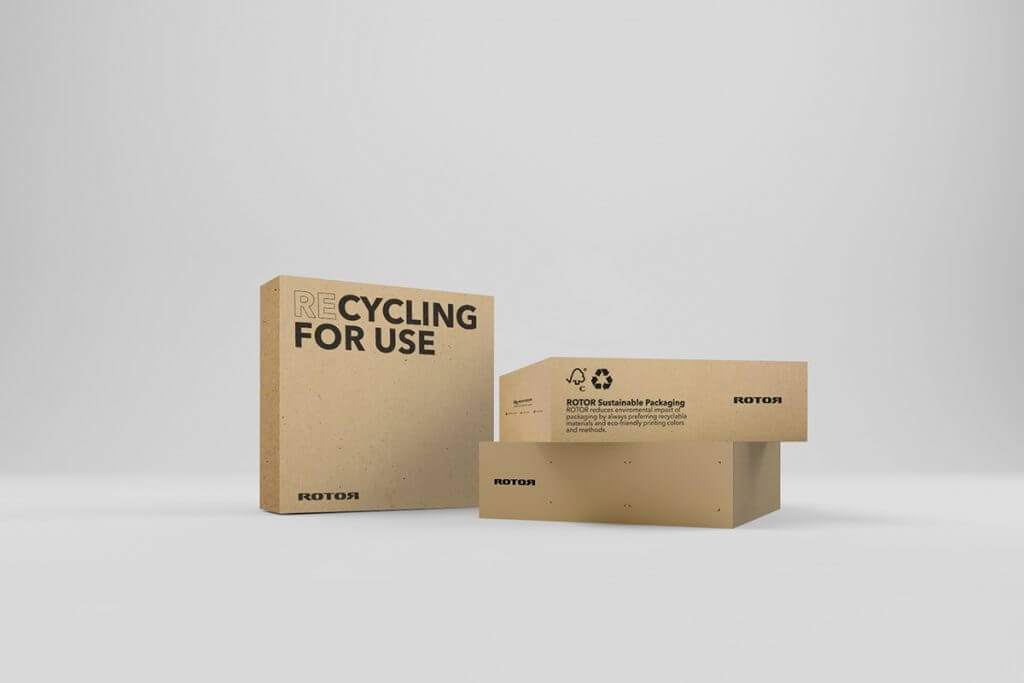In today's world, where environmental concerns are at the forefront, the debate between compostable packaging and plastic has gained significant attention. As consumers become more conscious of their ecological footprint, businesses are seeking sustainable alternatives to traditional plastic packaging. In this blog post, we will delve into the advantages of compostable packaging over plastic, exploring its environmental impact, functionality, and potential for widespread adoption.
- Environmental Impact:
Compostable packaging offers a compelling solution to the environmental challenges posed by plastic. Unlike plastic, which takes hundreds of years to decompose, compostable packaging is designed to break down naturally within a short period, typically within 90 days. This significantly reduces the accumulation of waste in landfills and minimizes the release of harmful greenhouse gases. Additionally, compostable packaging is often made from renewable resources, such as plant-based materials, further reducing the reliance on fossil fuels. - Resource Efficiency:
Compostable packaging promotes resource efficiency throughout its lifecycle. The production of compostable materials requires less energy and water compared to traditional plastic manufacturing processes. Moreover, compostable packaging can be produced from agricultural by-products or waste materials, reducing the need for additional resources. By utilizing these materials, we can minimize waste and maximize resource utilization, creating a more sustainable and circular economy. - Functionality and Performance:
One common concern regarding compostable packaging is its functionality and performance compared to plastic. However, advancements in technology have led to the development of compostable materials that offer similar or even superior properties to plastic. Compostable packaging can be designed to be waterproof, heat-resistant, and durable, ensuring it meets the requirements of various industries, including food and beverage, cosmetics, and e-commerce. With continuous research and innovation, compostable packaging is becoming a viable alternative that does not compromise on functionality. - Consumer Perception and Market Demand:
As consumers become more environmentally conscious, their perception of packaging materials is evolving. Studies have shown that a growing number of consumers prefer products packaged in compostable materials over traditional plastic. This shift in consumer behavior is driving market demand for compostable packaging, prompting businesses to adopt sustainable practices. By embracing compostable packaging, companies can enhance their brand image, attract eco-conscious consumers, and gain a competitive edge in the market.
Conclusion:
Compostable packaging offers a sustainable and eco-friendly alternative to traditional plastic packaging. Its ability to decompose quickly, resource efficiency, functional properties, and positive consumer perception make it a compelling choice for businesses seeking to reduce their environmental impact. As we strive towards a greener future, the adoption of compostable packaging can play a crucial role in mitigating the harmful effects of plastic waste. By embracing this innovative solution, we can move towards a more sustainable and circular economy.

